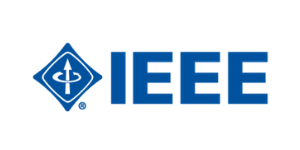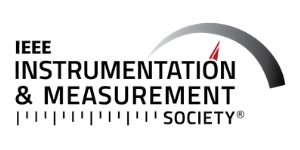Atomic-Based Quantum Sensors – the Journey Out of The Lab

Erling Riis is a Professor of Physics at the University of Strathclyde. He joined the University in 1991 and founded the cold atom activities there after having worked as a post-doc with Nobel Laureate Steven Chu at Stanford. The main drivers for the Strathclyde research have been high-resolution atomic spectroscopy, precision measurements and the development of the highly specialised laser sources and optical technology required for these experiments. More recently this has led to a concerted effort to realise compact and portable atomic-based sensors and measurements systems operating outside a laboratory environment.
The integration of a fundamental research programme in quantum and atom optics with technology development has been a defining feature of the cold atom group’s research activities. This is particularly exemplified by the development of techniques for miniaturising cold atom systems to be used in e.g. portable atomic clocks and the integration of atomic, optical and digital signal processing solutions for magnetometry. These are novel measurement systems, that form the basis for the group’s involvement in the UK Quantum Technology Hub for Sensors and Timing. With additional support from industrial collaborators and Innovate UK this work has demonstrated compact and portable quantum sensors and instrumentation suitable for scalable manufacture.
Erling is the Fellow of the Institute of Physics and the Optical Society of America and serves on the programme and organising committees for several of the key international conferences covering the field of Quantum Technology.


